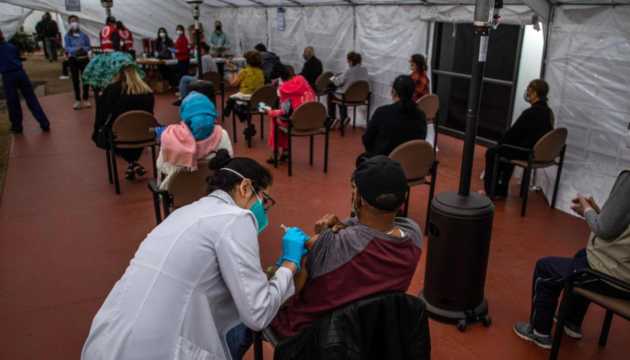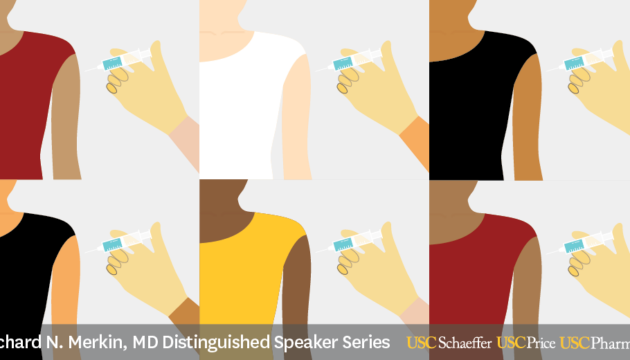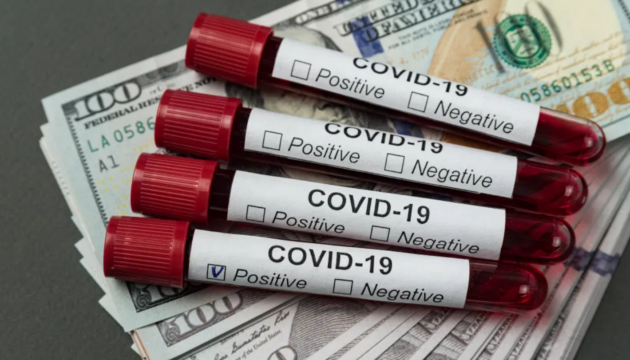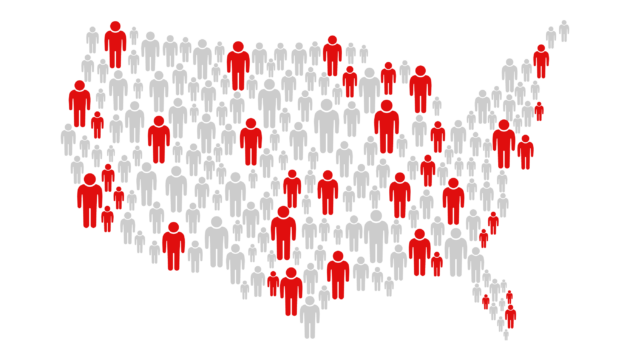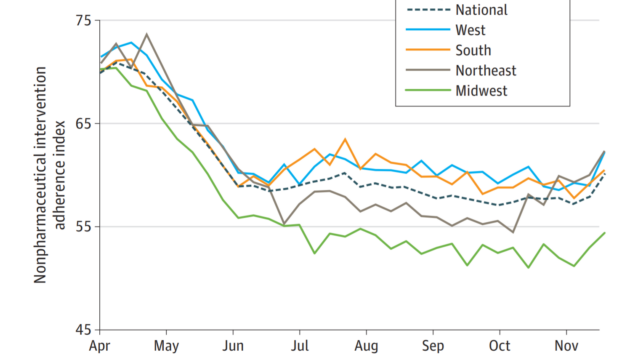Coronavirus (COVID-19)
Our work in Coronavirus (COVID-19)
-
COVID-19 Is on the Run — Expect the Pandemic to Be Under Control by Memorial Day
Rising immunity from vaccines and prior exposure means we should have COVID-19 cornered by Memorial Day. That doesn’t mean the virus will be out of our lives. But its impact should be reduced to something approaching a normal flu season in terms of deaths and hospitalizations.
Categorized in -
Improving and Accelerating Vaccine Distribution
About 1.5 million Americans are getting a COVID-19 shot each day. At that rate, it might take until 2022 to get all Americans fully vaccinated. In addition, widely varying distribution strategies are creating significant disparities in who gets inoculated. Join the USC Schaeffer Center for Health Policy & Economics, the Price School of Public Policy and the School of Pharmacy on March 4th for a discussion about the current state of the vaccine distribution.
Categorized in -
The Best Vaccination Strategy is Simple: Focus on Americans 65 and Older
The most ethically justified path forward for COVID-19 vaccine distribution is to focus on individuals 65 and older. This group accounts for 80% of COVID-19 deaths despite making up only 16% of the population.
Categorized in -
Expanded Coverage for COVID-19 Testing Must Include Limits On Costs
Schaeffer Initiative experts discuss why the most efficient and equitable way to conduct testing on a mass scale for COVID-19 is through a federally-funded public effort that tests everyone, but until Congress enacts such a program, mandating insurance coverage is an important lever to improve access to testing.
-
Reaching Agreement on COVID-19 Immunity “Passports” Will Be Difficult
Vaccine privileges would allow those who can show immunity to COVID-19 access to certain high-risk activities. USC-Brookings Schaeffer Initiative for Health Policy conducted a survey to understand the general public’s views on the topics.
-
Those Previously Infected with COVID-19 Should Delay Getting a Vaccination
Policymakers should ask the millions of people who have already survived the coronavirus infection to step to the back of the line for vaccines, argue Neeraj Sood and colleagues in CalMatters.
Categorized in -
Travel Bans Should Be Based on Evidence, Not Politics or Fear
Scientific evidence suggests that extending travel bans will not make Americans safer, and instead result in adverse consequences for millions of family members who have been separated for over 10 months.
Categorized in -
Survey Results Show Evidence Americans are Feeling COVID Fatigue, Engaging in Less Protective Behaviors
Analysis of a survey that was conducted between April and November of 2020 shows a concerning trend: Individuals reported engaging in 16 evidence-based protective measures less frequently in November compared to April. Only mask wearing was up considerably.
-
Change in Reported Adherence to Nonpharmaceutical Interventions During the COVID-19 Pandemic, April-November 2020
Analysis of a survey conducted between April and November 2020 shows a concerning trend: Individuals reported engaging in evidence-based protective measures less frequently.
Categorized in -
Most U.S. Adults Wear Masks – Inconsistently
Most U.S. adults—about 9 in 10—report wearing masks to protect against COVID-19, but they wear masks inconsistently, raising concerns about how effectively they are protecting themselves and others.
Categorized in
